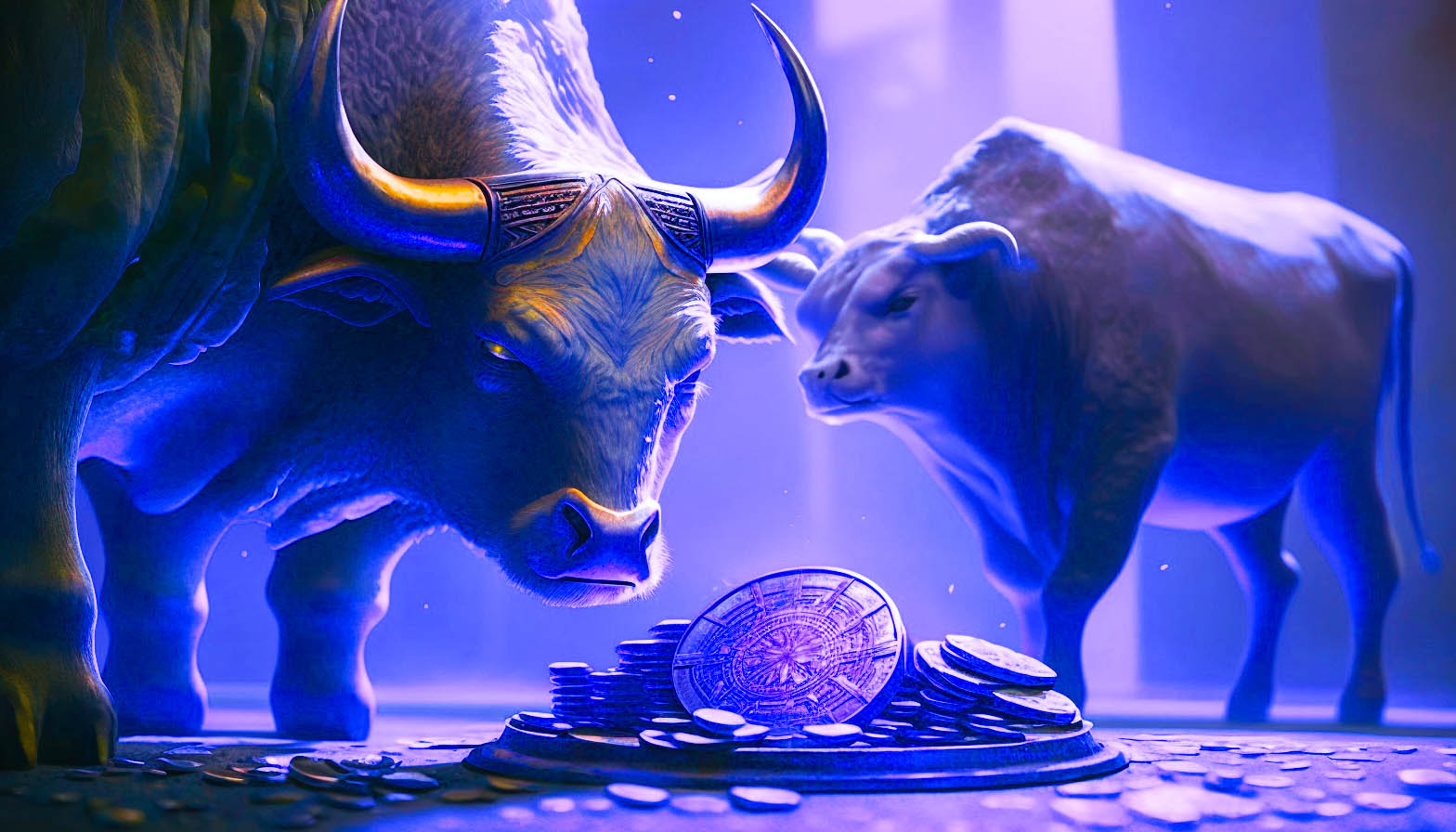



In a world where industries collide and new technologies emerge, the video game industry, the automotive industry, and the crypto gaming industry find themselves at the forefront of a battle for the future. The Financial Times explores the clash between the video game industry and the automotive industry in their article 'R* Wars — A New Hope?'[d53e8054]. The article delves into the financial analysis of the video game industry and its potential impact on the market. Meanwhile, the National Review raises concerns about the impending 'Car Wars' that could disrupt the automotive industry as electric cars become more prevalent[d53e8054][3e8236ef]. These two industries face their own challenges and transformations, both sharing a common theme of navigating through a rapidly changing landscape and adapting to new technologies and market dynamics.
On another front, the crypto gaming industry is facing its own crisis. Mint reports in their article 'The Crypto Economy’s Big Hope Is Already in Crisis'[2cb651b5] that the industry, which is a rare example where virtual currencies can play a real role, is being undermined by rampant speculation. The article highlights the uncertain future of the crypto gaming industry and the challenges it faces due to speculation. As industries continue to evolve and adapt, the clash between video games, automotive, and the crisis in the crypto gaming industry showcases the ongoing battle for the future in the face of technological advancements and market dynamics.
The digital gaming industry is undergoing a significant transformation with the emergence of Web3 gaming. Recent announcements and advancements have led to an increase in innovations changing the gaming landscape. Understanding these developments is important for both gaming enthusiasts and industry stakeholders. Let’s look at the important changes that are reshaping the gaming sector. [749aaa35]
Web3 gaming, blockchain integration, NFTs, and next-gen game titles are some of the key elements revolutionizing the digital gaming industry. Companies like Immutable are leveraging blockchain technology to enable digital asset ownership and create unique gaming experiences. Games like Gensokishi Online, Cursed Stone, CellWars, and Wild Forest are pushing the boundaries of what is possible in gaming. Kratos Studios and Xeverse are leading the way in developing next-gen game titles that incorporate blockchain and NFTs. The Sandbox is a popular platform that allows users to create, share, and monetize their own virtual worlds. RPG and MMORPG games are also embracing blockchain technology to enhance gameplay and provide players with more control over their in-game assets. Mobile RTS games are leveraging blockchain for secure and transparent transactions. Game development grants are being awarded to support innovative projects and encourage the adoption of blockchain technology in the gaming industry. In-game ads are being replaced by more immersive and interactive experiences. Weaver’s Quest is an example of a game that allows users to create their own quests and stories. No-code game makers are empowering individuals to create their own games without the need for coding skills. The Ronin blockchain is being used to scale blockchain games and provide a seamless user experience. These advancements are shaping the future of gaming and opening up new possibilities for gamers and developers alike. [749aaa35]
The clash between video games, automotive, and the crisis in the crypto gaming industry showcases the ongoing battle for the future in the face of technological advancements and market dynamics. It is a testament to the ever-changing nature of industries and the need for adaptation and innovation. As these industries continue to evolve, it will be interesting to see how they navigate the challenges and opportunities that lie ahead. [d53e8054][3e8236ef][2cb651b5]